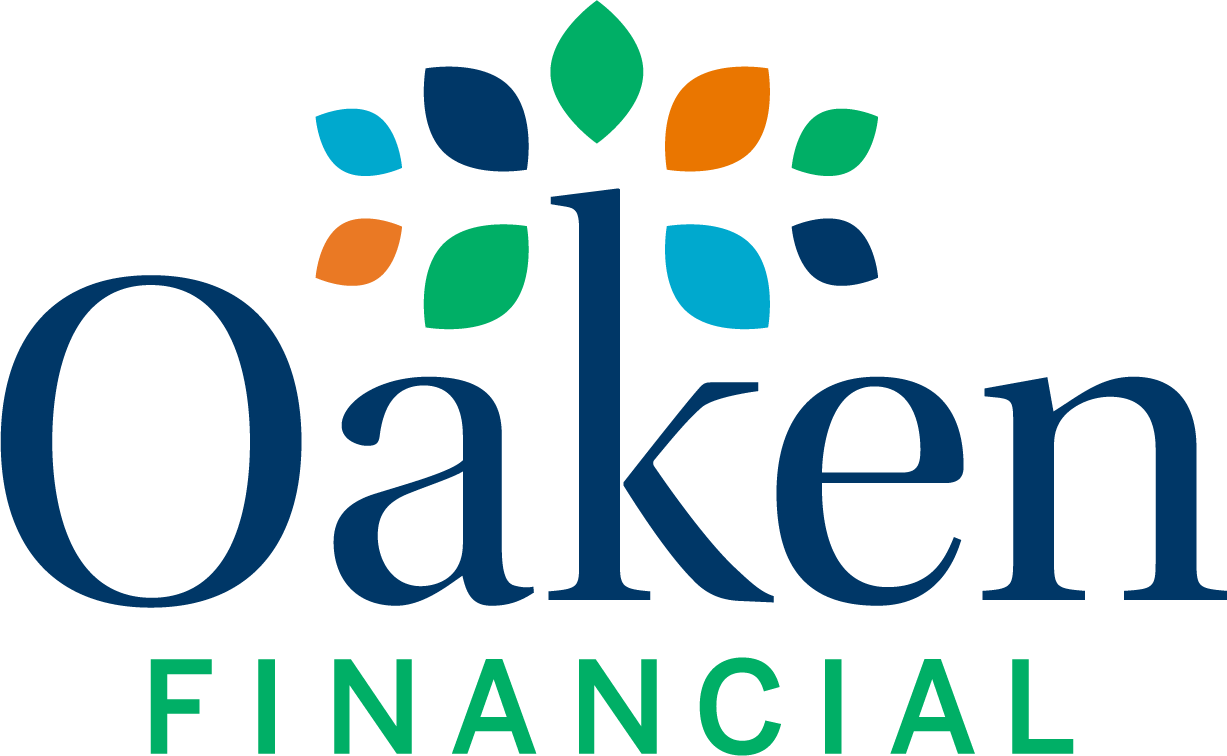By all accounts, Patricia and Ian have adjusted well to retirement, thanks largely to having the foresight and discipline to plan for their financial needs. However, as they discuss in this latest Saversodes video, the path to getting there was not always smooth.
As many Canadians know only too well, saving for retirement or any other major goal can be difficult. Patricia and Ian also struggled, but once they made saving a priority by adopting a “pay yourself first” strategy and implementing automatic deductions, they were able to find savings success. But even with a savings plan in place, it can still be a challenge to determine exactly how much you’ll need to save in order to have enough to support your retirement.
Unless you have a defined benefits pension that provides a guaranteed retirement income, there’s always a concern that you may run out of money, before you run out of retirement. After all, how can you be sure how long you’ll live, or what the rate of inflation may be 10 years from now?
For Patricia and Ian, they discovered that once they left the workforce, they didn’t need as much income as they thought they would in order to manage their day-to-day expenses. While this may provide some comfort for those who are concerned that they aren’t on track to save as much as they’d like for their retirement, this doesn’t mean you can take a casual approach to retirement planning.
Taxes and retirement
When considering sources of retirement income, keep in mind that the tax man doesn’t give you a break just because you’re retired. In fact, income tax may well be one of your greatest single expenses during retirement. That’s because almost all forms of income are subject to tax, and this includes both Canada Pension Plan (CPP) and Old Age Security (OAS) benefits. Income from these two government programs must be added to any other income you might receive from other sources, including corporate pensions and any earnings from your own savings.
Government benefit “clawbacks”
Depending on your retirement income, you may qualify for an additional government benefit known as the Guaranteed Income Supplement (GIS). This is a means-tested benefit that's only available once you reach the age of 65, and only if your total income falls below a certain limit. The good news is that if you do qualify for the GIS, you won't have to pay taxes on this benefit. However, depending on your income, the amount you receive under the GIS program could be subject to a “clawback”.
Note as well that depending on your income, the Old Age Security benefit is also subject to a clawback. Fortunately, you don't need to worry about your CPP payment being reduced. You earned your CPP benefit by paying into the plan while you were working, and your payment amount is determined by how much you contributed to CPP during your working career. Because it's a true pension, it's not subject to any form of clawback, no matter how much income you declare each year during your retirement.




 Saversodes
Saversodes